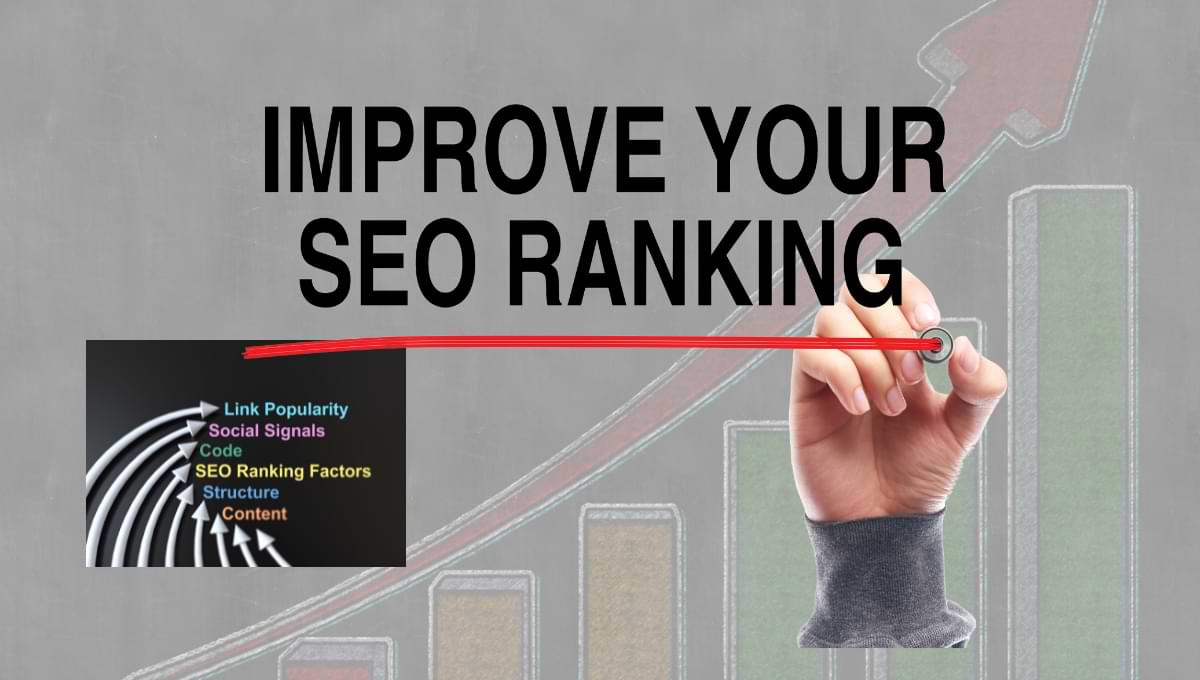How Reviews Help Your Local Map Rankings
While your website’s search engine optimization remains important, you also need reviews to increase your local SEO ranking. The major search engines now prioritize local map results, and your reviews, coupled with your official business listing with map results, comprise the top two items search engines like Bing and Google use to rank results. Before you read the rest of the rankings in the local map pack, start with this blog to better understand how SEO, local SEO, business and map listings, and your website work together to boost your search engine ranking.
Why Local Results Matter So Much
Search engines want to provide each user with the most relevant results. This level of personalization ensures the individual finds what they need, and distance matters. For example, a person searches for a mop. The search results will leave out brooms, and the search engine prioritizes places the individual could buy a mop near them. That means, even if you bid the highest on all the Google AdWords, the person used in the search is your mop sales business in Kalamazoo, Michigan. Still, the searcher lives in Okmulgee, OK. They will see the store results for Okmulgee first. The location makes those results the most relevant.
Those relevant results show on the map that loads on the results page. A recent Google report revealed that 88 per cent of individuals who searched for a business or product type visited a local map business from the results within 24 hours. Nearly one-third of the local searches, 28 per cent, resulted in a purchase during the visit.
About Search Results Maps
Bing and Google now include a map in the search results. The Google algorithm update prioritizes businesses with a Google My Business listing in the Google Maps listing and the website search results. Customers consider your reviews linked to that page or listing in whether or not to purchase from your business.
Recent algorithm updates have begun prioritizing the listings with recent reviews. This means that by encouraging your existing customers to leave reviews, you can increase the relevancy of your search results.
For many years, Google showed the top seven results when a consumer searched for a business type “near me,” such as “coffee shop near me” or “bookstore near me.” Now, the search engine shows only the top three increasing the competition for relevancy. However, that does not mean you should use the keywords “coffee shop near me” in blogs or on your website. Instead, it refers to the generic search result produced by Bing and Google based on your location. The way to boost your ranking is to include your business name and street address with city, state, and zip code spelt out on each page of your website, your Google My Business page, and your Google Maps listing. All the information should match exactly on each page and listing.
Online Reviews and Search Result Relevancy
Knowing that recent customer reviews help boost your rank in maps on Bing and Google means you can prioritize obtaining these reviews. You should not, however, attempt to create fake reviews. The search engines look for this and remove the false reviews. In addition, you can reduce your ranking if they trace the IP address back to your business.
Search engines prioritize credibility as well as visibility. Veracity matters. Your star rating and verifiable customer reviews matter, too. Plus, the search engines look at more than their native review sites. They also include in their rankings your reviews on sites such as Yahoo Business, TripAdvisor, Yelp!, and Facebook Places. This increases the importance of staying on top of what those sites’ reviews say and responding to both positive and negative reviews.
Improving The Problem
A negative review can reveal product or service issues and hurt your ranking, but it hurts you less if you respond in a manner that shows you want to learn from your company’s mistake. A quick apology for the product or service not meeting their expectation and a commitment to improving the problem can go a long way to lessening the impact of the negative review. Never argue with the customer. The search engines only remove fake reviews, not bad ones, so you only make yourself look bad if you argue. That chases away future customers.
Consumers read reviews to determine which of the three businesses to visit. How you respond to the negative review determines your conversion rate because it, as much as the positive reviews, reflects on your reputation. If you ignore the review, you show you do not care about customer input or problems. If you argue, you show that you treat customers abusively. By responding with a learning/improving message, you show that you care about customer needs and go the extra mile to improve your product or service to serve customers better.
This organic means of increasing your search engine ranking costs you nothing. Providing a good product or service and a positive, caring customer and vendor experience ensures you can rack up positive reviews. Your reviews help you top the local maps ranks in Bing and Google, ensuring you more sales conversions.






